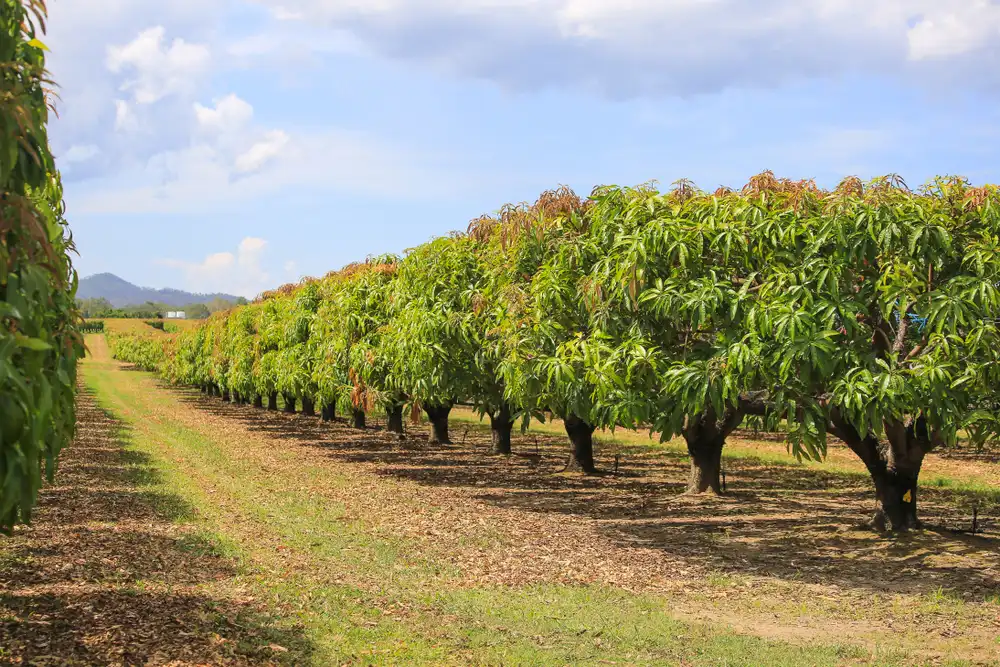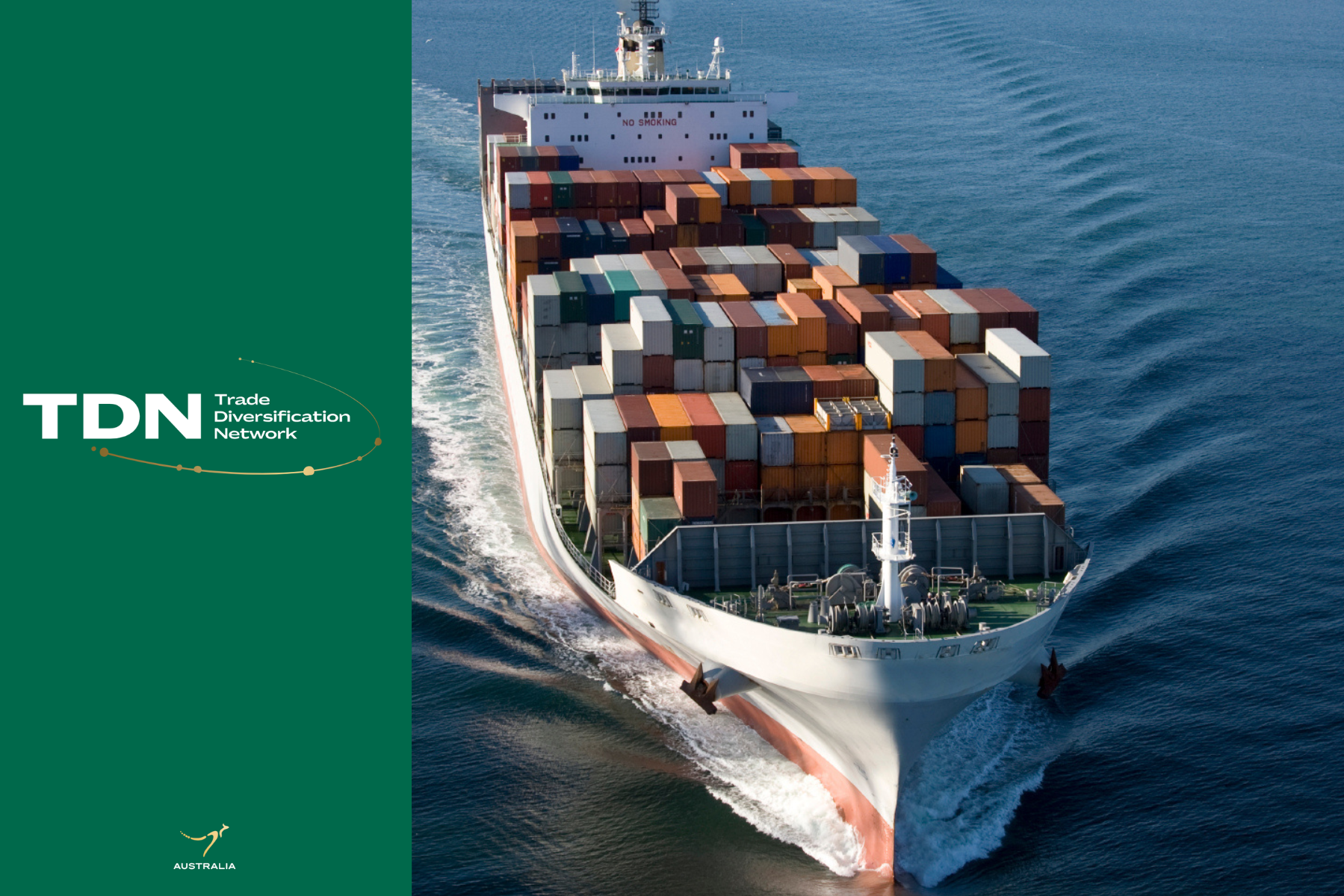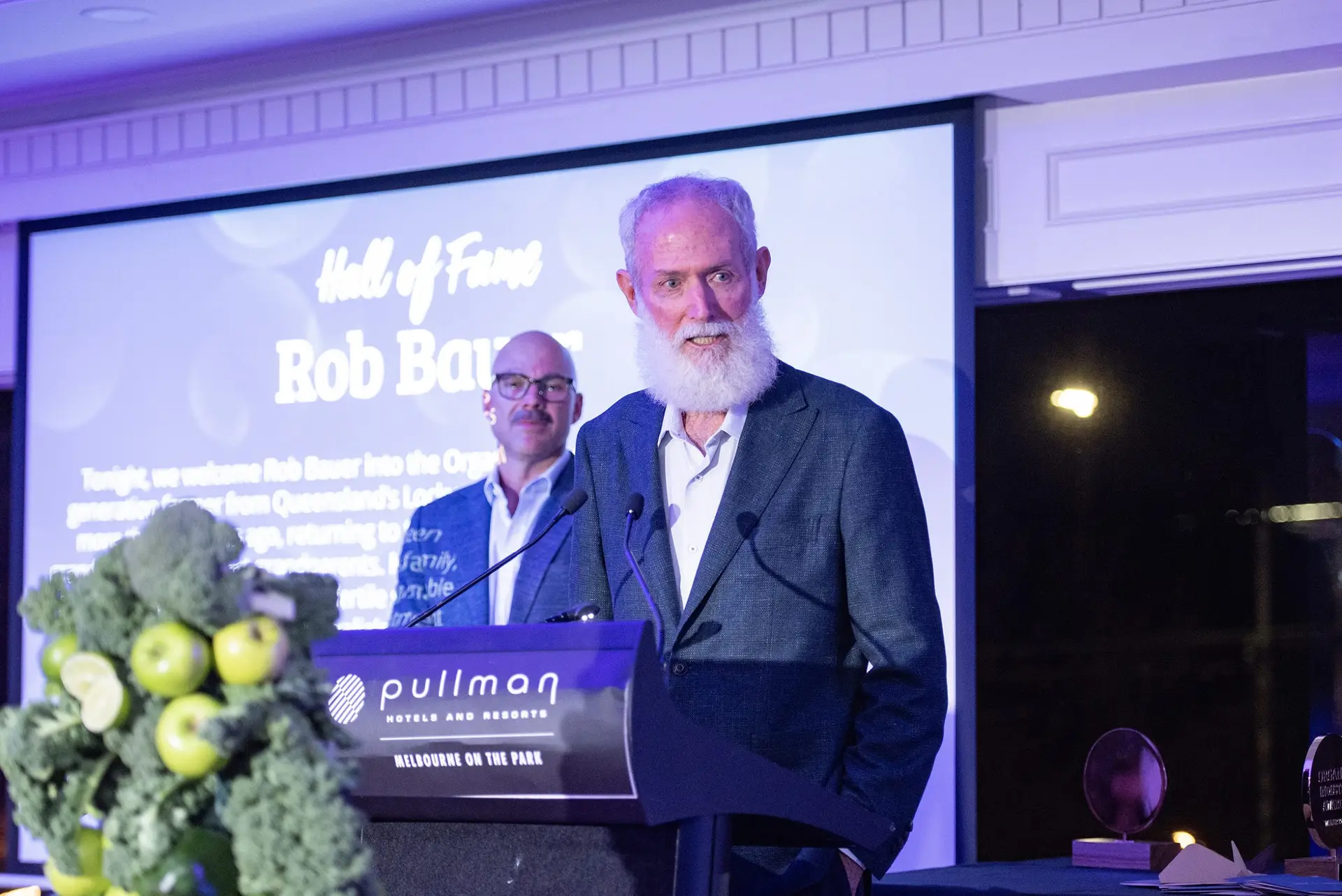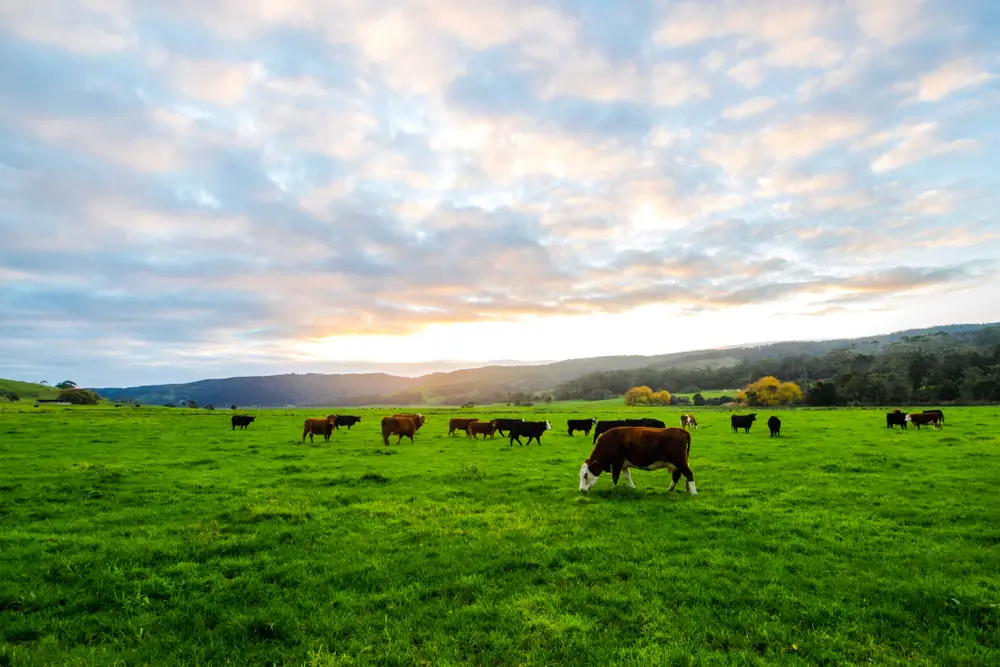Key points
- The Department of Agriculture, Water and the Environment is reviewing the domestic organic industry regulatory framework
- Australia is lagging behind all developed countries with no mandatory standard for the term ‘organic’
- Australian Organic Limited is urging consumers to have their say so misleading and false organic claims on product labelling can be stopped
Consumers frustrated with misleading claims on organic products can help shape regulatory reform to ensure authentic and accurate organic product packaging in the future.
Australia is the last developed nation in the world without a mandatory domestic standard for the term ‘organic’ on product labelling, meaning consumers can easily be misled by falsely described organic goods.
Australian Organic Limited (AOL) Chief Executive Officer, Niki Ford, said consumers now had the power to influence change by completing a short online survey as part of the Australian Department of Agriculture, Water and the Environment’s review of the domestic organic industry regulatory framework.
“The Australian Organic Market Report 2021 uncovered one-third of shoppers who had purchased an organic product in the past year believed they had previously been misled by organic claims on product packaging,” Ms Ford said.
“This is an alarming rate. Consumers deserve to know when they are making a purchase that it is authentically organic.
“We are strongly encouraging consumers to take five or ten minutes out of their day to have their voice heard.”
Ms Ford said regulating the term organic would help build consumer confidence, promote operator credibility and deliver industry-wide economic opportunities in global and domestic markets.
“Our certified operators work extremely hard to bring certified organic products to markets, while non-certified operators claiming to be organic may use chemicals or practices that are not allowed under organic standards,” she said.
“Knowing that consumers will pay a premium price for organic branded goods, uncertified operators charge more for their products and undermine the credibility of the operators who are doing the right thing.
“We also see our exporters facing incredible red tape and economic burden because we don’t have an equivalent domestic standard.
“Exporters must meet secondary organic standards requirements for each country they wish to trade in, with each export arrangement costing an additional amount annually.
“I am urging consumers of organic goods to support our growing $2.6 billion industry and ensure we are well-positioned to capture demand both domestically and in export markets around the world.”
Anyone can complete the survey by visiting this link: https://survey.pwc.com/jfe/form/SV_agV7YPHW8ZalSbY
The survey closes on 8 February.





